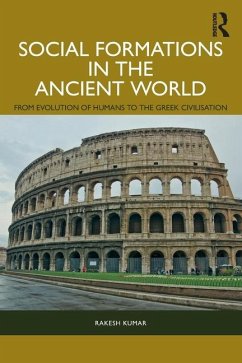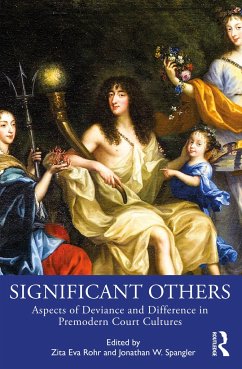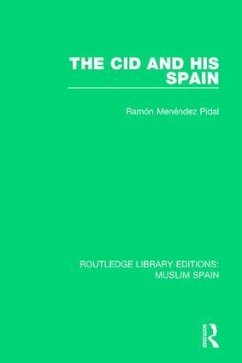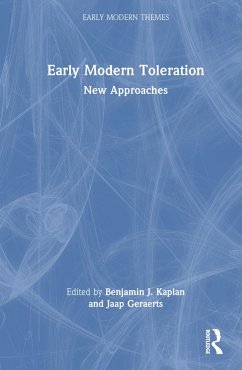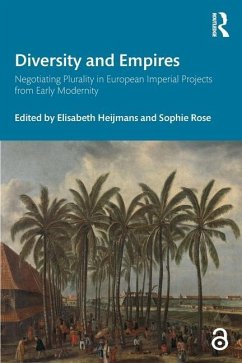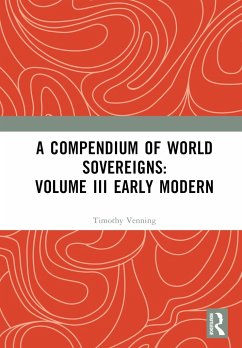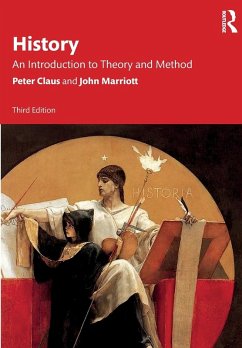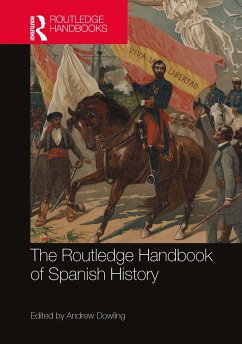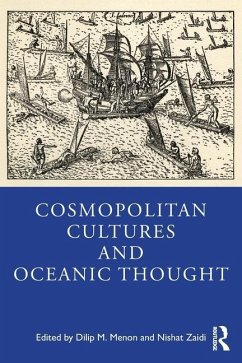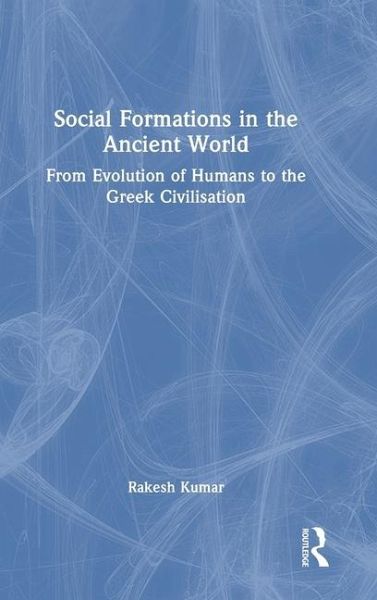
Social Formations in the Ancient World
From Evolution of Humans to the Greek Civilisation

PAYBACK Punkte
77 °P sammeln!
This book encapsulates a long period of history of human progress by highlighting crucial social, economic, and cultural dynamics. It presents recent historiography and new analytical tools used to analyse multi-dimensional themes involved in social formations in different parts of the world. This is a reader-friendly book with simple and lucid language and fulfils the pressing needs of students studying the course on Social Formations and Cultural Patterns of the ancient and medieval world at various universities across the world. The summary, key words, and representative questions at the en...
This book encapsulates a long period of history of human progress by highlighting crucial social, economic, and cultural dynamics. It presents recent historiography and new analytical tools used to analyse multi-dimensional themes involved in social formations in different parts of the world. This is a reader-friendly book with simple and lucid language and fulfils the pressing needs of students studying the course on Social Formations and Cultural Patterns of the ancient and medieval world at various universities across the world. The summary, key words, and representative questions at the end of each chapter would assist in revision and a better understanding of the issues dealt with therein. A detailed chapter-end reference would enable and motivate the readers to engage in further studies for a better understanding of the themes.
This book will be of interest to students, researchers, and academics in the area of history - ancient and medieval world history, in particular, and anthropology. It will also be an interesting read for general readers interested in knowing about the ancient and medieval world.
This book will be of interest to students, researchers, and academics in the area of history - ancient and medieval world history, in particular, and anthropology. It will also be an interesting read for general readers interested in knowing about the ancient and medieval world.





